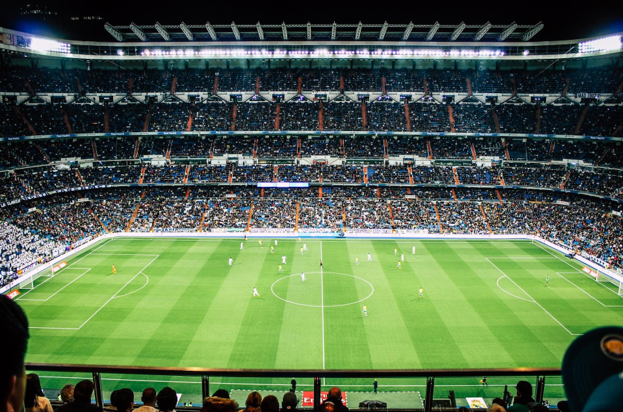From Streets to Stadiums: Soccer’s Global Journey

Soccer, known as football in most countries, has come a long way from its humble beginnings on the streets and greens of small towns to becoming one of the most popular sports in stadiums all around the world. Though the origins of early forms of football stretch back centuries, the modern game emerged in England in the 19th century, rapidly spreading as the British Empire expanded. While England is considered the birthplace of soccer, the captivating sport has since transcended borders and cultures.
Kicking Off in England
The contemporary laws of soccer were shaped in England in the 1860s, with the formation of the Football Association. The first Football League followed later in 1888. Though originally contested mainly by amateur players and teams, the sport soon turned professional as dedicated football clubs were established, garnering avid local followings. The burgeoning excitement and crowds the game could draw led to the construction of large stadiums to host matches.
Going Global
As the British Empire spread far and wide, so did the empire’s sports. British sailors, soldiers, merchants and railway workers carried the game with them across the world, introducing soccer to locals. The appeal was widespread, taking root in countries across Europe, Latin America, Africa and Asia. Some of the earliest international matches were played between British and Canadian teams.
Though many nations embraced soccer, they infused local styles. The colonial origins of the global spread though left some tensions around notions of the sport’s origins and ownership. Debates swirled over whether to even call it football or soccer.
World Stage
Soccer’s crowning moment on the global stage came with the advent of the World Cup in 1930. Held every four years, it became a worldwide spectacle and mobility. As decolonization accelerated, newly independent countries leveraged athletic prowess, particularly in soccer, to forge national identities and allegiances. The sport became an arena of politics, rivalry and representation.
Star players like Brazil’s Pelé became international celebrities. The World Cup captured not just unprecedented live audiences in stadiums, but television and radio viewership across the planet. Soccer shifted from contained competitive events to mediated global cultural phenomena.
Home Advantage
Though soccer expanded far beyond Britain, English leagues like the Premier League and football associations like FIFA and UEFA remained dominant governing bodies in the sport. Major tournaments were hosted mainly in Europe and Latin America where stadium infrastructure and national teams had developed earlier foundations.
But in 2010, South Africa became the first African nation to host the World Cup. In 2022, Qatar also hosted the World Cup. The victories to host the World Cup outside the typical strongholds of soccer came after intense bidding and political lobbying. It signaled the desire of more countries to leverage soccer as a platform for tourism, global attention and national pride.
Kicked into Culture
While fervor for soccer spread as a form of athletic entertainment, it also became ingrained into cultures, identities and politics around the world. Soccer matches became opportunities for displays of nationalism. victories represent national glory. The sport became an arena through which countries could compete for prestige and soft power on the world stage.
Passionate fan bases developed, along with iconic club teams that became woven into local traditions. Rivalries emerged not only between national teams but also domestic club teams like Egypt’s Ahly and Zamalek clubs. Soccer culture became a ubiquitous presence, spilling over into arts, music, film and literature.
Betting on Soccer
The avid fanbase for watching soccer soon extended into partaking through betting. Wagering on matches became a massive industry following the same pathways as soccer’s popularity. While legal restrictions remain in some countries, soccer matches are the most widely bet on sporting events globally.
The 1994 World Cup hosted by the United States marked a key shift, as online sports betting opened access beyond physical bookmakers. The internet transformed soccer betting into a digital global market. Online sports platforms like Bet365 grew prominent, using technology for live in-game betting. While controversial, the betting industry has become a huge dimension of soccer finance and engagement.
Conclusion: Final Whistle
While soccer began as a casual recreational sport on humble greens, it has ballooned into a massive, commercialized enterprise spanning the world stage. Today, top professional players not only compete in packed stadiums, but have become brands and influencers in their own right. The coalescing forces of competition, commerce and community have transformed soccer into nothing short of a global cultural phenomenon beyond just a game.
So, it’s no surprise that some of the most skilled players in the world have also become some of the most stylish. From their on-field fashion to their off-field style, these players have become the faces of the game.

